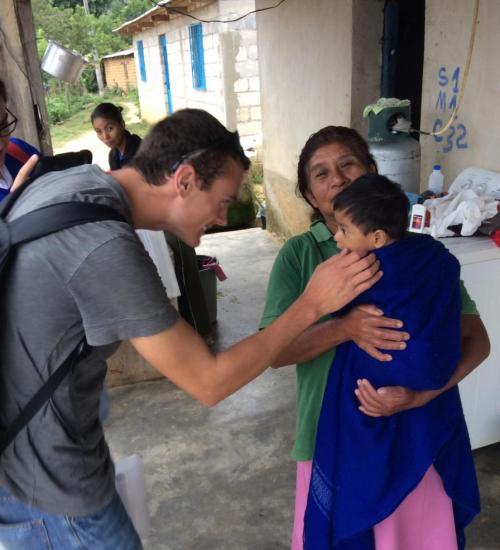
Theme
Democracy
The broad umbrella of democracy studies includes research on:
- The founding, institutionalization, and quality of democratic regimes, including the quality of public life;
- Democratic governability and accountability and the expansion and consolidation of human rights and the rule of law;
- Public policies for social justice, with an emphasis on how government can foster social well-being and on linkages between government, business, and civil society;
- The relationship between religion and politics, examining the impact of religious belief on public life and the role of religion in civil society;
- Civil society and social movements, including their formation, activity, and inclusion in the political process, with a focus on conceptions of citizenship and political regimes types;
- Citizen participation, such as the role of indigenous languages in the issue of participation;
- Varieties of democracy, including conceptualization and measurement;
- Democracy’s past and legacy.

Theme
Human Development
At the Kellogg Institute, our conceptualization of human development emphasizes above all the centrality of the human person as agent of development, and it focuses on understanding and promoting the conditions that allow people to participate in shaping their own futures and to live with dignity and freedom.
Research on this theme includes:
- Public policies for social justice and ecological responsibility, examining the way social policy, market activities, and social change combine to affect the distribution of wealth, opportunity, and quality of life.
- Economic growth, development, and human welfare in a globalizing economy, considering the roles of economic institutions, government policies, market structures, distributional issues, international trade and finance, and economic geography;
- Political, social, and cultural institutions of development, and the way in which culture, social movements, and religious beliefs influence social change;
- The concept and content of “development,” as informed by engagement with local communities and investigating the harms of development paradigms and projects that inadequately account for local contexts, cultures, and traditions;
- Human rights and their relationship with improvements in human welfare, human vulnerabilities, and basic needs;
- Global health, including issues of public health, health delivery, and policy and practice at local, regional, national, and international levels;
- Education, examining policy, institutions, innovative programs, and practice at the macro and micro levels;
- Technology and the environment, examining the impact of technological adaptation and the complex interactions between development and growth, natural ecologies, and environmental concerns.
Strategic direction
Reaffirming Our Identity, Setting New Paths Forward
Kellogg has long followed a strategy of identifying a few themes of exceptional importance to our world. Through a year-long strategic planning process, the Institute recently rearticulated its research themes.
Engaging key stakeholders and thinking ambitiously about the impact that we might have at Notre Dame and in the world over the next decade and beyond, the Institute developed a new five-year strategic plan in 2023 that aims to redefine where the Institute might make significant contributions, without diluting its core strengths and identity.
In the 2023-28 strategic plan, Kellogg maintains the themes of democracy and human development at the center of its work. While building on geographic strengths in Latin America and increasingly in Africa, our primary ambition is to promote research, education, and partnerships related to democracy and human development more than to specialize in specific parts of the world.
Notre Dame aspires to be among the world’s preeminent research universities, with ever-increasing international reach, while remaining true to its Catholic character. The Kellogg Institute's aspirations are linked to the University’s strategic priorities on poverty, democracy, ethics, health and well-being, climate and sustainability, data and computational science, global Catholicism, and the arts.
Click below to see the pdf version of the 2023-2028 Kellogg Institute Strategic Plan
Download PDF





